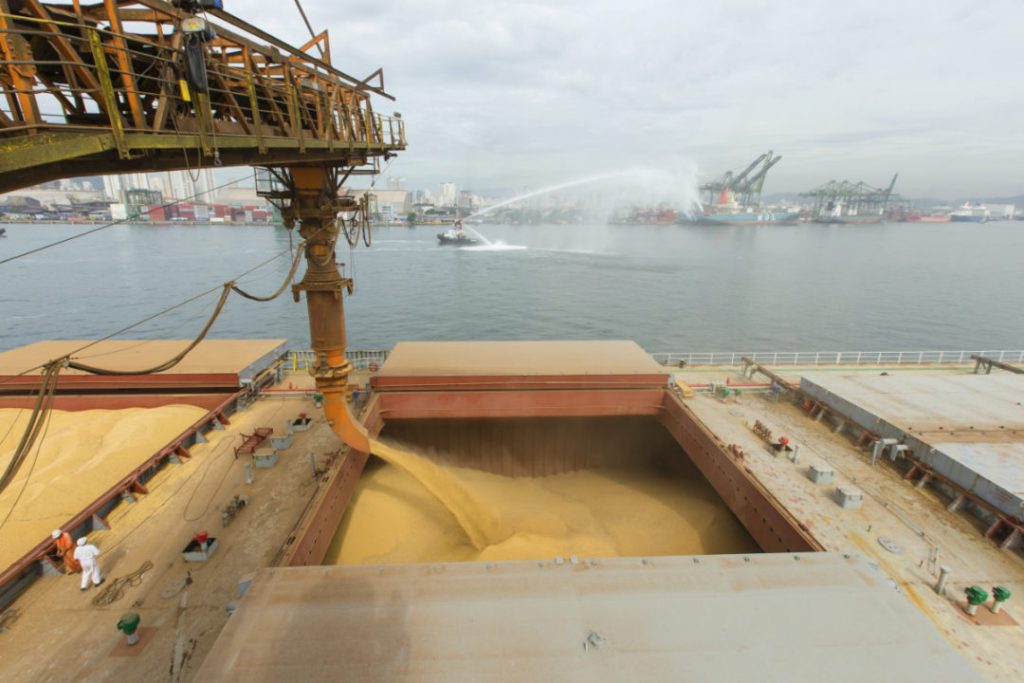Kremlin’s oil revenues fall to two-year low

Another drop in oil revenues is hitting Russia’s budget stability, which is already teetering on the brink due to the costs of the war in Ukraine.
Russia’s oil and gas export revenues in June 2025 fell to their lowest level in two years. Bloomberg reports.
This month, the oil part of the budget brought in only $5.27 billion — almost 30% less than in June last year. Combined tax revenues from oil and gas amounted to $3.54 billion — the lowest level since January 2023.
The main reason was the fall in world prices for Urals crude oil. In May, the average price of Urals fell to $52.08 per barrel, which is the lowest since March 2023. Against this background, Russian oil companies received only $29.94 per barrel — also a record low in more than a year.
The strengthening of the national currency is also creating additional pressure: the ruble traded at an average of 80.5 to the dollar, a two-year high. As a result, the Kremlin receives less tax revenue, as export earnings are converted into the domestic currency at a less favorable rate. At the same time, the profitability of the oil companies themselves is under threat.
“They are under the sights of high interest rates, low exchange rates and falling prices,” Elvira Nabiullina, the head of the Central Bank of the Russian Federation, admitted this week, while stating that a reduction in the key rate is not yet planned due to the threat of inflation.
Back in April, the Russian Ministry of Finance predicted significantly higher revenues, but was forced to revise its estimates due to the US tariff policy, the weakening of energy prices due to OPEC+ decisions, and delays in new contracts.
An additional problem for the Russian budget is the change in the system of subsidies for the domestic market. Domestic fuel supply compensation payments in June amounted to $246.49 million, the lowest since October 2023, which partly helped offset the drop in revenues.
It is estimated that further strengthening of the ruble and stabilization of oil prices may further reduce tax revenues to the budget. In these conditions, the Kremlin will have to more actively use funds from the National Welfare Fund to cover the deficit – or look for alternative sources of budget funding, including increasing domestic taxes.
USM previously reported that the price of oil at Russian ports has fallen below the “price ceiling.”





